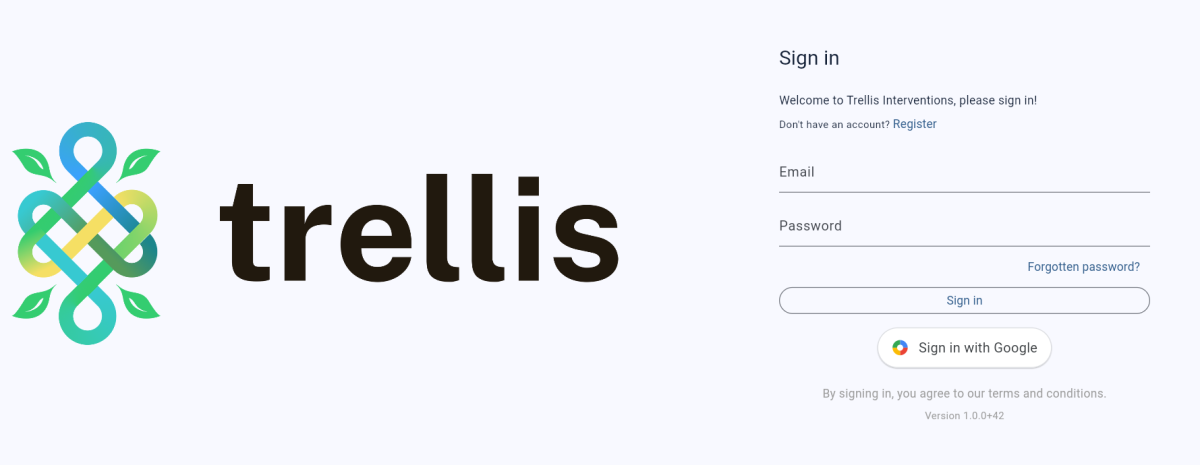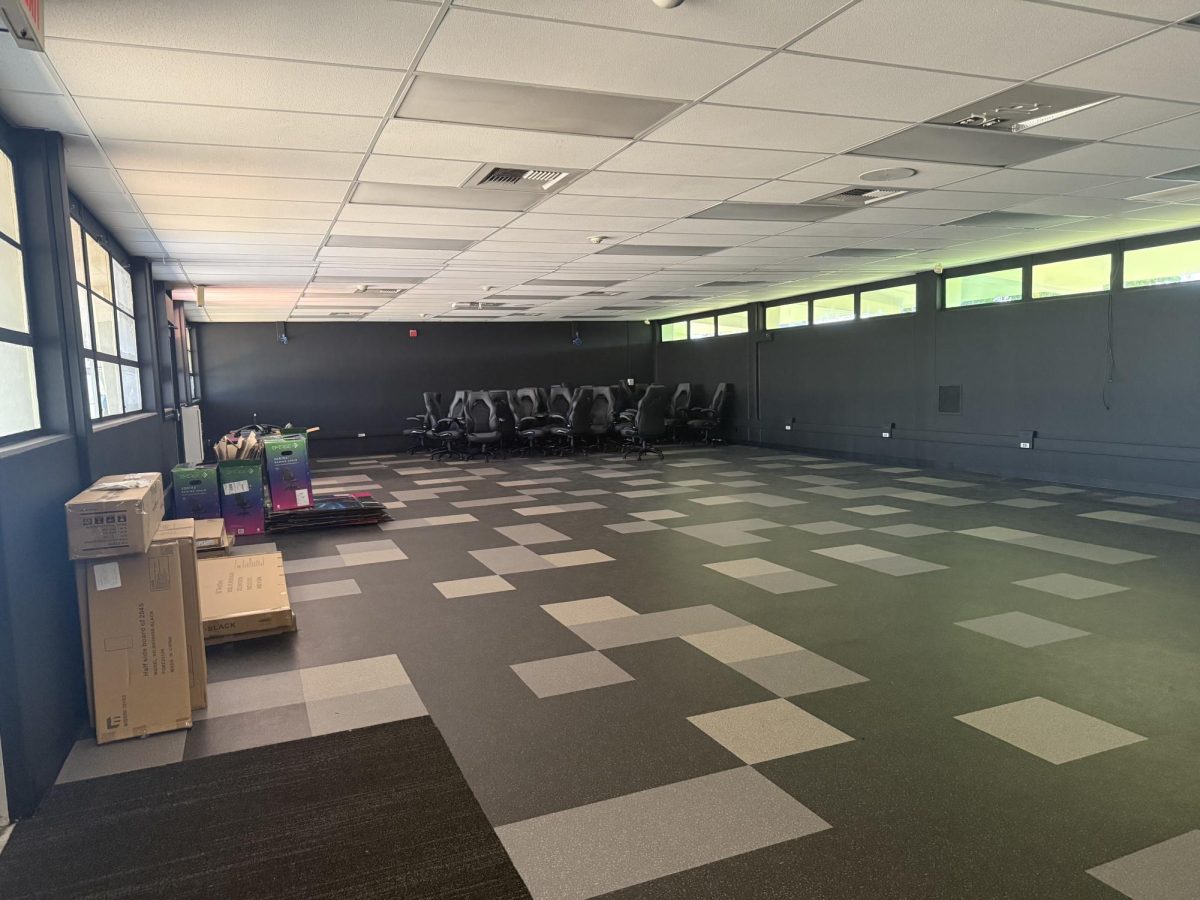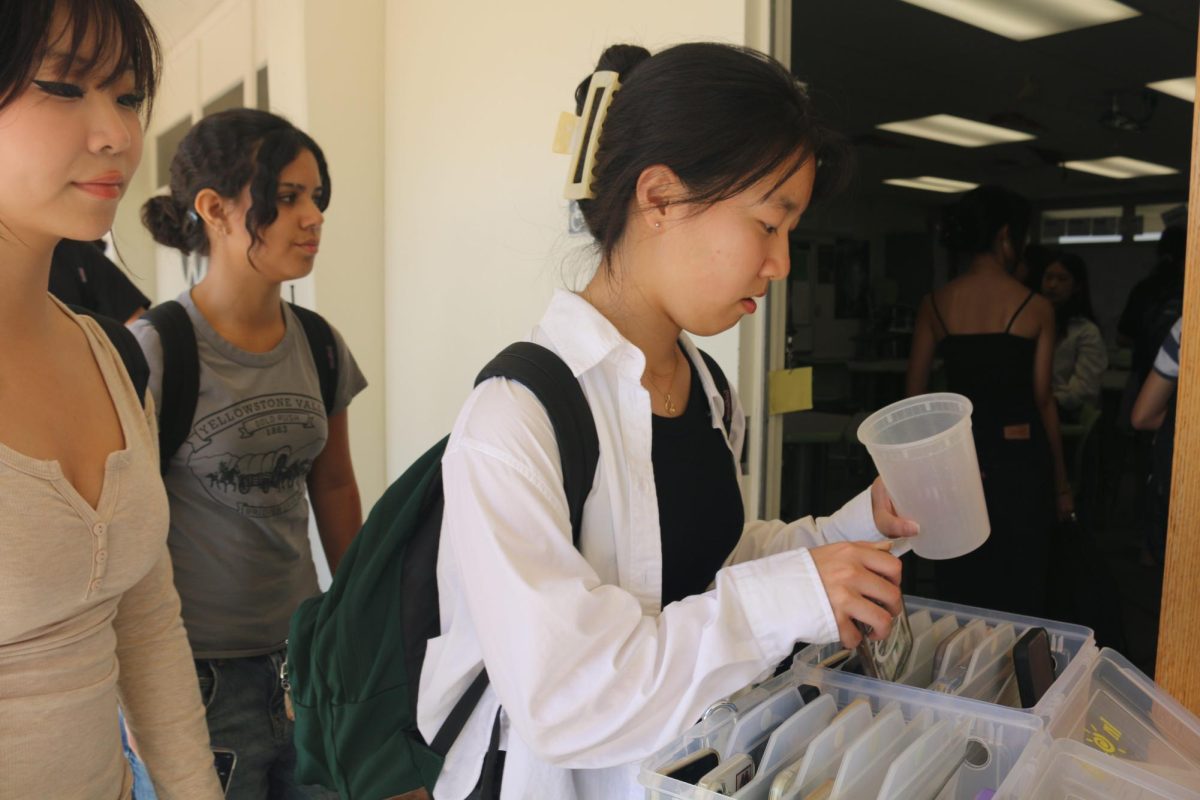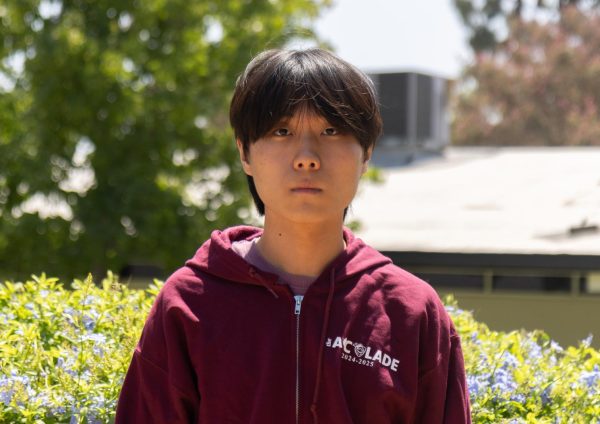For the first time since the COVID-19 pandemic in 2020, nearly 77% of Sunny Hills students who took Advanced Placement [AP] exams this past May earned a passing score, continuing the upward trend from the previous year.
“I feel great about the significant improvement,” AP coordinator Beth Thomson said. “In general, our school’s results usually rank above the national and state average because our students and teachers are awesome.”
In the previous school year, 74.95% of the 946 SH students who took AP exams scored a 3 or higher on the 1,845 tests administered, according to data that Thomson shared with teachers before the start of the school year and later with The Accolade. That percentage rose to 76.94% of 1,136 students passing their 2,232 AP exams taken this past May.
The AP coordinator said the rise in passing scores could be from the increase in students taking AP exams. In comparison to 2021, this year had an increase of 453 tests and 156 students. Additionally, when compared to 2020, there were 151 more assessments and 24 additional students.
“Our student enrollment has grown over the years, so this is a factor,” Thomson said. “Also, more students are taking more challenging coursework overall.”
Although school officials do not release data to the media on how students did on each individual AP test, each AP teacher can decide to share that information.
In addition, the College Board posts on social media certain trends it has seen from each year’s results. And one of them involves the AP Calculus BC exam.
For example, AP Calculus BC students around the country had an average of a 78% passing rate, according to AP program Trevor Packer’s Thursday, June 29, post on X, formerly known as Twitter.
“This is an increase over last year, really impressive scores, although not yet back to pre-pandemic levels,” Packer said in his follow-up tweet to the same post.
In comparison, 44 SH students accomplished a passing rate of 97.7% for the same test, 19.7% higher than the national average and 7.7% higher than last year’s passing rate with six fewer students this year, AP Calculus BC teacher Shirley Tan said.
Tan said she attributes the results to her students’ work ethics.
“We have a great [student] culture, [and] the school supports everything,” Tan said. “We have a long history that, academically, we do well with school, [and] students work hard.”
Sunny Hills students who took the AP Environmental Science [APES] test also produced results that outperformed those at the national level.
AP Environmental Science teacher Andrew Gartner said of the 117 students here who took the APES exam, 73% earned passing scores compared with the national average of 53%, a stat provided by Packer’s Friday, June 21, post on X.
APES teacher Andrew Gartner said the availability of more resources, and the curriculum change compared to past years were main reasons for so many passing this time around.
“There was a mild change as AP modified environmental science, with four free response questions on the exam to three and 100 multiple choice questions to 80,” Gartner said. “They provided a lot more resources, like multiple short video lessons on each topic and subtopic on AP classroom, and we were able to use those resources better.”
Likewise, David Wolf, one of two who taught AP English Literature [AP Lit] last year, said he is proud of the spike in passing scores but noticed one concern.
“One hundred self-selected out [of taking the test], and our scores skyrocketed,” Wolf said. “Our mean score [for AP Lit] was 3.47, which is much better than it was [before].”
AP Lit instructor Teresa McCarty said she also noted an increase in passing scores.
“It’s primarily because more students were interested in passing,” McCarty said. “There was an idea [last year] that the [AP Lit] score didn’t count, and I think because of that previous misconception maybe some students didn’t try as hard.”
McCarty said her 89 students who took the AP Lit exam attained an 89% passing rate, 11% higher than the national rate of 78%, a stat provided by Packer’s Tuesday, June 20, post on X.
Junior Stuti Patel said she believes more class resources played a big part in the school’s AP score improvement this year.
“Since AP [tests] aren’t often repeated, the test from [this] year might’ve been easier or taught for better understanding,” Patel said. “There’s also the chance that previous AP classes have prepared both the students and teachers to take the test with more resources, like practice exams, provided that earlier classes did not get.”
Although senior Katie Sweeney said she was not aware of the school’s overall 76.94% pass rate, she attributed it to her peers’ gradual adjustment back to normalcy from what it was like during the COVID-19 pandemic. And those scores were also in the 70s for passing rate because College Board only offered digital versions of the exam.
AP LIT, for example, was changed from a three-hour-long exam with 55 multiple choice questions and a free-response section composed of three essays to a 45-minute open-note exam entirely consisting of free-response questions, according to a March 2020 article from The University Network.
“Like last year, we were back fully into the school year [without masks], so I definitely think that helped a lot,” Sweeney said. “I also just think our school is really competitive, and every kid wants to be the best, so they fight to be better than the other.”



![The bar graph displays passing rates of Sunny Hills Advanced Placement [AP] exams from 2019-2023. The passing rate increased by 1.99% from the previous year, surpassing the 2020 rate by 0.59%, the previous highest mark recorded during the COVID-19 pandemic when the college board exclusively offered digital versions of its AP exam.](https://shhsaccolade.com/wp-content/uploads/2023/10/Screen-Shot-2023-10-20-at-7.03.45-PM-1200x674.png)




![Students and staff across the Fullerton Joint Union High School District [FJUHSD] received emails promoting a part time job offer with pay. The messages were set from compromised FJUHSD accounts.](https://shhsaccolade.com/wp-content/uploads/2025/09/image1-2-1200x527.png)





